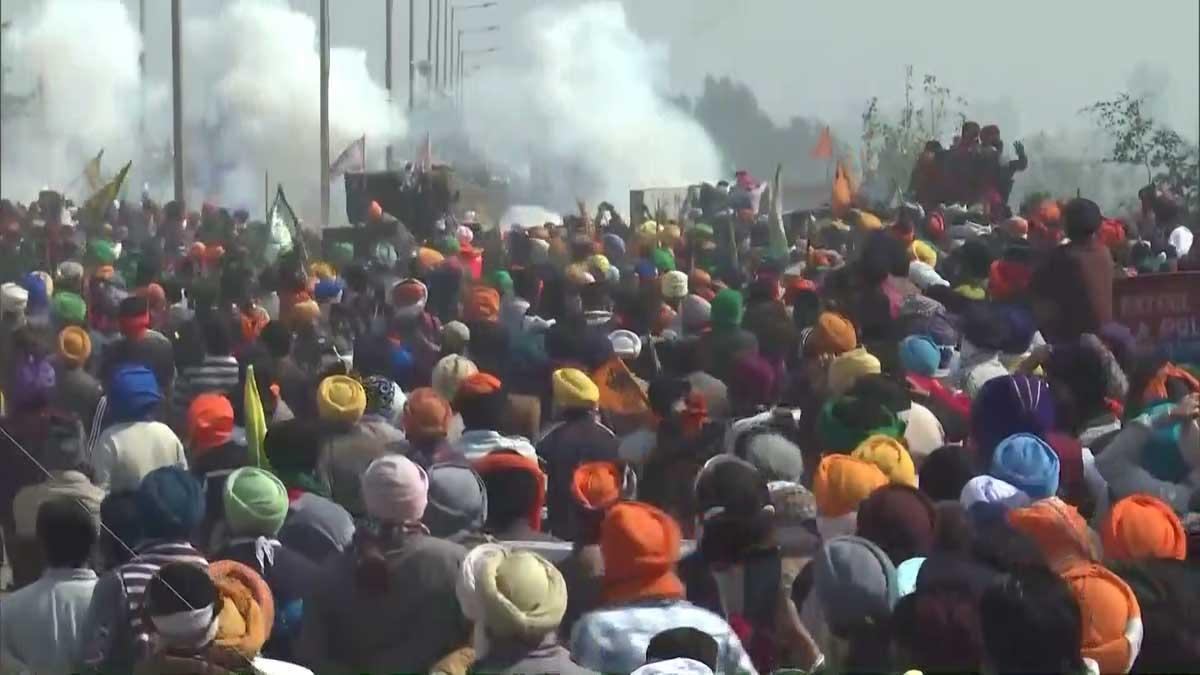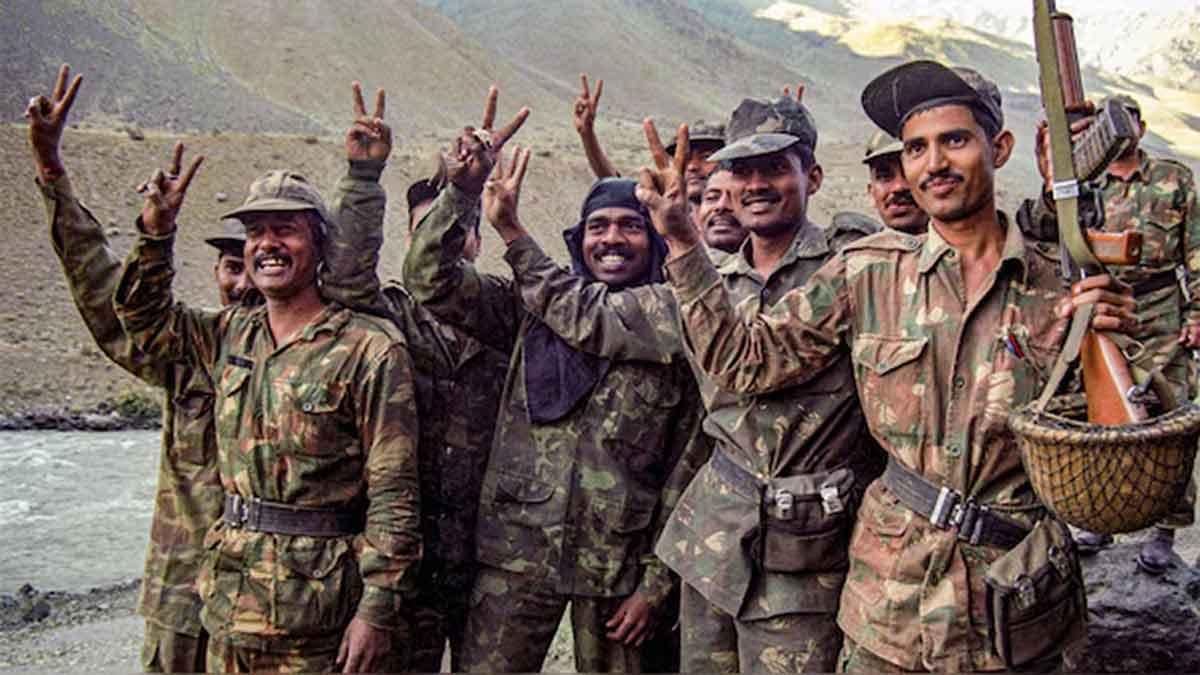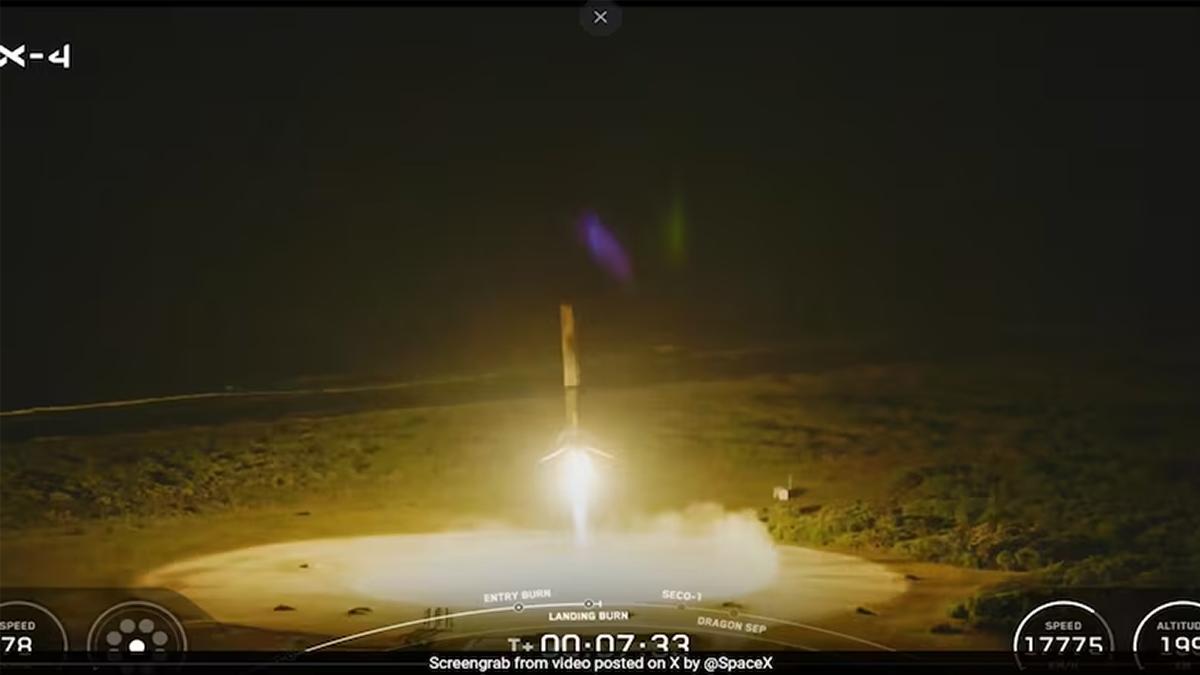Haryana Police announced on Friday a reversal of its earlier stance to utilize the National Security Act (NSA) against certain farmer leaders engaged in the ongoing farmers' protest.
This change followed a prior statement by the Ambala police declaring their intention to detain office bearers of protesting farmer groups under section 2(3) of the National Security Act, 1980, aimed at upholding law and order and curbing criminal activities.
However, Inspector General of Police (Ambala Range) Sibash Kabiraj clarified on Friday, stating, "It is important to clarify that the decision to invoke provisions of the National Security Act against a few farm union leaders in Ambala district has been reviewed, and it has been concluded that it will not be pursued." He further urged protesting farmers and their leaders to maintain peace and collaborate with authorities in ensuring law and order.
Police authorities highlighted ongoing efforts by farmer organizations to breach barricades at the Shambhu border, alongside attempts to disrupt law enforcement through stone pelting and disorderly conduct, as stated in a Hindi-language release.
The statement underscored instances of damage to both government and private properties, with 30 policemen reportedly injured.
Furthermore, the dissemination of provocative content across various social media platforms, such as Facebook, WhatsApp, Instagram, and Telegram, aimed at inciting social discord, was noted.
In a separate announcement, the Haryana Police disclosed intentions to pursue compensation for damages incurred by seizing properties and freezing bank accounts of protesters, with assessments underway to determine the extent of property damage.
The 'Delhi Chalo' march, led by the Samyukta Kisan Morcha (Non-Political) and the Kisan Mazdoor Morcha (KMM), seeks to exert pressure on the government to meet their demands, including a statutory assurance of Minimum Support Price for crops and a waiver on farm loans.
Following clashes resulting in a protester's death and injuries to police personnel at Khanauri, farmer leaders temporarily suspended the 'Delhi Chalo' march for two days, with a decision on further actions expected on Friday evening.
Despite this pause, thousands of farmers continue to occupy sites at Khanauri and Shambhu with their tractor-trolleys and trucks, advocating for their grievances.
Meanwhile, farmers from Punjab are also advocating for the implementation of the Swaminathan Commission's recommendations, pension provisions for farmers and agricultural laborers, maintaining electricity tariff rates, the withdrawal of legal actions, resolution for victims of the 2021 Lakhimpur Kheri violence, reinstatement of the Land Acquisition Act, 2013, and compensation for families affected by previous protests in 2020.
read also | Chandigarh Borders Witness Commencement of Farmer Protest Resembling Delhi Stir
read also | Prime Minister Addresses Farmer Protests, Affirms Commitment to Small Farmer Welfare


















